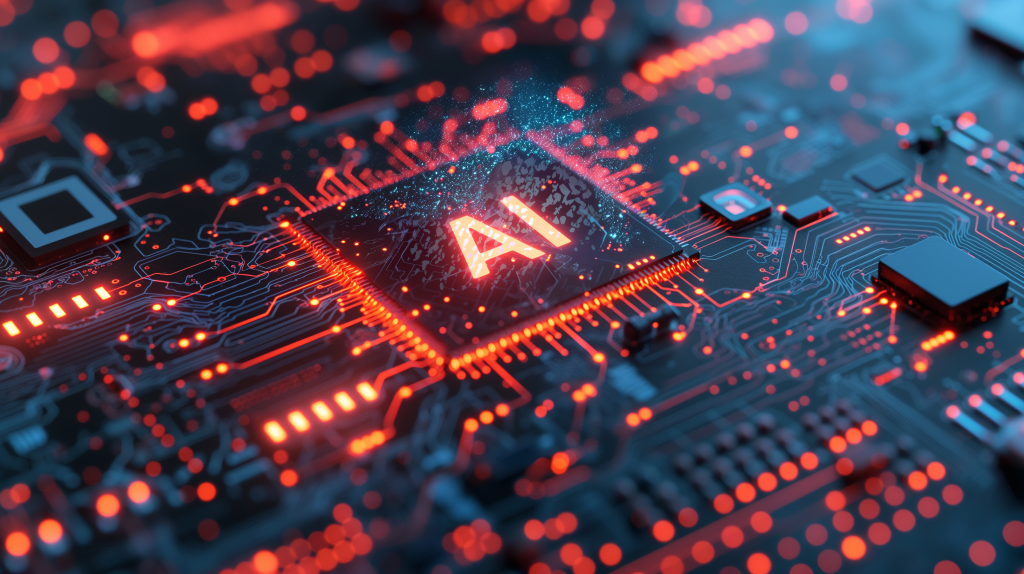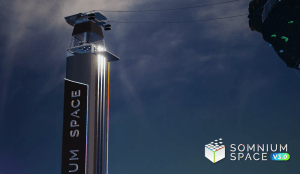By Marc Demar
Recently Doug Petkanics, founder of the Livepeer project, held a keynote titled “The DePIN Advantage: Supercharging Crypto’s Role in AI” at the ETHDenver 2024 conference. Livepeer is a DePIN (Decentralized Physical Infrastructure Network) that builds the worlds open video infrastructure and has been doing so for the last seven years.
Livepeer recently unveiled their collaboration with OpenAI concerning the Sora generative video AI model. The objective of this partnership is to introduce impressive demonstrations and advancements in AI video technology to the Livepeer network in the forthcoming months.
The DePIN Advantage: Supercharging Crypto's Role in AI
— ETHDenver 🏔🦬🦄 (@EthereumDenver) March 2, 2024
Presented by @petkanics from @Livepeer
Watch the full video below 👇 pic.twitter.com/0aJNBr1t1R
Artificial Intelligence permeates our surroundings. Text-to-text and text-to-image models have become accessible to the public, and just recently, OpenAI introduced Sora, a text-to-video system capable of generating 10, 20, or 60-second videos from simple prompts. The outcomes are staggering, underscoring the profound impact AI is poised to have on entertainment, creativity, and content production realms.
But with the ascend of AI, it is critical that Web3’s open-source tech and distributed computing can provide open access to services beyond Big Tech’s proprietary software and centralized clouds. This is important for two main reasons.
First of all, open access is at risk due to regulatory actions being taken by the Biden administration. There’s an executive order already in affect that regulates how companies can interact with AI. Its a set of draconian primitives that for example requires service providers to do KYC on their users and report foreign nationals that want to use AI inference. It also covers regulatory requirements for training models of a certain size, which is arbitrarily defined and measured by how many floating point operations you need in order to train it. Testing requirements are vague with no path to compliance, and there are centrally determined content restrictions.
This will make it sheer impossible for anyone to build something and doing something innovative. Startups won’t have the time and money to interact and comply with multiple different government agencies and wait for permission.
It is not just the government. They are influenced by Big Tech that has already spent billions of dollars to train their models, and creating proprietary access. They want to own access to the space and have lobbyists, law firms and in house lawyers to influence legislation.
The second risk is the lack of access to computing power in order to train AI models and do AI inference to anyone outside the Big Tech monopoly players. It is pretty doable to generate images. It may take 30 seconds of computational power to create a beautiful image using AI, creating a 30 second movie may take an hour of GPU computing time. Anyone who tried to pay for GPU computing time knows how expensive it is and how much shortage there is.
The demand for compute is clearly reflected in the stock price of NVidia and its datacenter revenue jump.

NVidia’s Datacenter grows to $18B/quarter.
In the last quarter of 2023 NVidia had more than USD 18 Billion revenue selling data center GPUs for AI training, half of which was bought by 4 big tech companies: Amazon, Google, Meta and Microsoft.
The demand is rapidly increasing, especially considering that video generation models are not yet accessible to the general public. Just envision the surge once they become available. It’s evident that the growth trajectory will continue without slowing down anytime soon. This highlights the substantial demand for computing power, yet it fails to address the limited accessibility for those outside of the major cloud companies in Big Tech, which are capable of making hundred-million-dollar purchases to obtain computing power from NVIDIA.
Open, Decentralized Access to AI
Given the regulatory measures and limited access to computing resources, the significance of decentralized blockchain networks in democratizing access to AI technology becomes apparent. It is imperative that the open-source AI movement and decentralized technology communities offer viable solutions.
There exists a vast amount of dormant computational power in data centers, and for various use cases such as gaming, rendering, and video encoding, all of which could be repurposed for open and decentralized applications.
To harness this untapped computing potential, the key lies in implementing the right decentralized protocols and incentives. This presents a significant opportunity for DePIN infrastructure, enabling AI training and inference at scale. These open models would remain uncensored and unbiased, free from the influence of Big Tech advertising models and regulatory constraints.
Livepeer’s DePIN has been operational for seven years, making it one of the most long-standing projects in its category. It provides scalable, dependable, and cost-effective access to a vast network of GPUs for AI applications. And as a decentralized protocol, the individuals who contribute to the infrastructure are the owners of the network.
It will be intriguing to follow how Livepeer and similar decentralized technology communities will revolutionize access to the computational power required for training AI models and performing AI inference. There’s a lot at stake. Without open access, Big Tech companies will dominate the field, making it exceedingly difficult for innovative startups to enter the AI arena.
















Leave a Reply